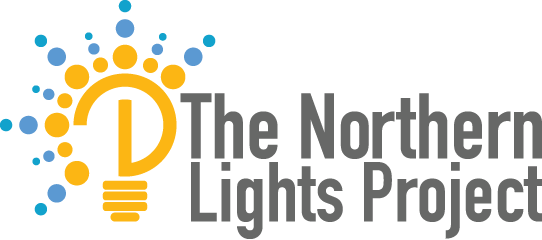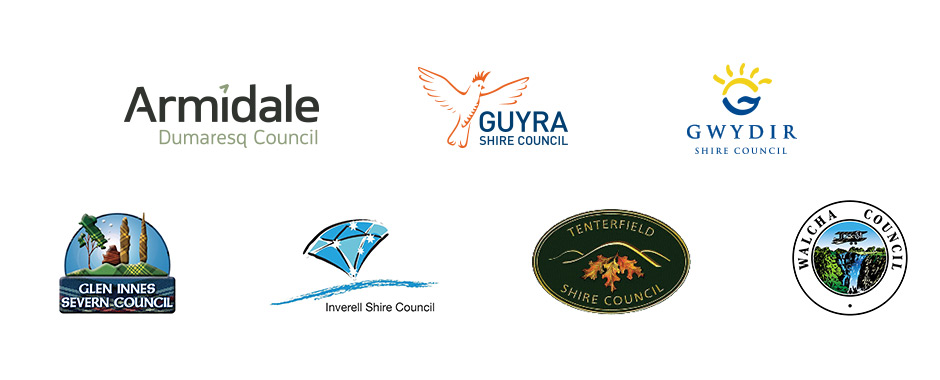The LED Technology
Seven councils in the Northern Inland region will benefit from the installation of new energy efficient street lighting under this project coordinated by Regional Development Australia Northern Inland (RDANI).
The project received $576,000 in funding from the Commonwealth Government and councils are contributing over $300,000 toward the capital cost of the new lights.
The councils involved are:
-
Armidale Dumaresq
-
Glen Innes Severn
-
Guyra Shire
-
Gwydir Shire
-
Inverell Shire
-
Tenterfield Shire
-
Walcha Shire
Installation of LED lights commenced in August 2015 and LED replacements in all of the above areas will have been completed by the end of December, 2015.
The objective is to replace around 5,000 metal halide and compact fluorescent street lights with the latest LED technology, saving over 1,000 MW hours of energy and in excess of $200,000 in electricity costs per annum. Maintenance costs should also be reduced due to the lower failure rate and longer life of LEDs.
The new LED lights average around 24 watts, compared to the old lights which have a system use rating of 50-100 watts.
The use of LED street lighting to replace existing traditional light sources can deliver significant improvements in efficiency and sustainability and more importantly a better quality of light. LED street lighting accurately delivers more light per watt of energy consumed and requires no lamp changes over its life. LED light delivers cool white light that assists with night vision. You will notice that when the changes to the street lighting in your area are complete the lighting will be brighter, more consistent and more effective than before. In areas where the new LED lights have been installed there has already been considerable favourable comment from the community about the more effective lights and the resultant increase in feelings of safety and security.
Energy Efficiency Officer
The project also employs an Energy Efficiency Education Officer (EEEO) to work with local communities, local government and businesses to reduce energy use and costs.
The EEEO has visited all major towns within the participating shires and, with the support of the local council and community organisations, he has presented energy-efficiency education sessions to the community at meetings in council foyers, libraries and many community spaces.
Visits are also being undertaken to any community club or organisation who requests such information for the benefit of their club members.
Presentations
-
The Energy Efficiency Education Officer, Peter Stanley has travelled all around the Northern Inland region to ensure that as many members of the community as possible receive the services of the Northern Lights Project. Aboriginal members of the community are particularly welcome to attend. Mr. Stanley’s role is to provide the town and outlying community with written information, help and demonstrations of practical strategies on how to implement changes which will bring about a reduction in energy use and costs.
-
This project complements services provided by other sustainability/energy-saving organisations. The project has a lighting display which dramatically illustrates the savings to be made by changing to LED lights, as well as a touch-screen computer which displays the annual costs of most common household appliances. These visual aids will be brought along to all venues where space permits.
During other times, and particularly during the lead up to December, there has been a focus on meetings with client groups within community services, other agencies, and non-government organisations. These presentations are held, where possible, within the organisations’ premises.
Click here to view our schedule of upcoming presentations







